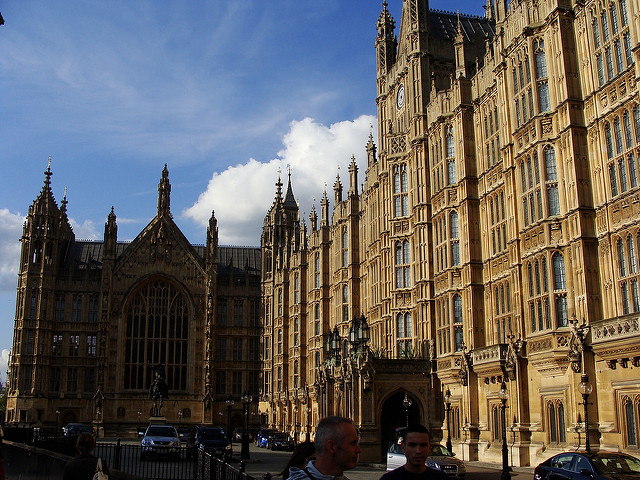The UK government has conducted a wide-ranging series of impact studies of Brexit on over 50 sectors of the British economy. They cover industrial sectors ranging from advertising, aerospace and agriculture to telecommunications, textiles and tourism.
However, the government refused to publish them on the grounds that they “would undermine the British negotiating position.”
According to the Financial Times, Steve Baker, a Department for Exiting the European Union (DexEU) minister, admitted he had not read the assessments. David Davis, the DexEU secretary of state, also told a Commons select committee that the British prime minister had only read the summaries, not the reports.
On Wednesday 1 November, Labour MP Keir Starmer used a “humble address” requesting the queen direct the DexEU to publish the documents in full and unredacted.
The Guardian wrote on Thursday 2 November:
“The motion was passed unanimously after the government said it would not oppose the measure, a tactic it has taken several times recently to ward off likely rebellions by Tory MPs supporting Labour motions.”
In an interview with the British ambassador to Luxembourg, John Marshall, on 6 September, Delano asked why the government does not publish them and whether the public should have the right to see these studies. The British ambassador replied that:
“our commitment has been clear about the approach we’re taking, and that has been through the publication of our position papers and through very regular interaction that government ministers have with parliament.”
He added that British ministers appeared weekly, if not daily, on TV and in the papers explaining their position.
While it was agreed that the motion was binding for the government, the leader of the house, Andrea Leadsom repeated this argument and said:
“it is the case that it’s difficult to balance the conflicting obligation to protect the public interest through not disclosing information that could harm the national interest, whilst at the same time ensuring that the resolution that the house passed yesterday is adhered to.”
The British government would like to keep some parts of these studies private, and would like to redact them.
In a letter, the chair of the Brexit select committee Hilary Benn said on 2 November:
“Once the material has been provided to the Committee I would be very happy to discuss with you any particular concerns you may have about publication of parts of the material so that the Committee can take these into account in making its decision on release.”
Therefore, it is not yet clear whether these studies will be made available, unredacted, to the public.
Brexit negotiations on 9 and 10 November
Brexit negotiations are set to resume on 9 and 10 November with the UK seeking to make enough progress to persuade the EU to move talks onto future issues like trade.
Davis admitted to a Lords committee on Tuesday 31 October:
“The withdrawal agreement, on balance, will probably favour the Union in terms of things like money and so on. Whereas the future relationship will favour both sides and will be important to both of us.”
